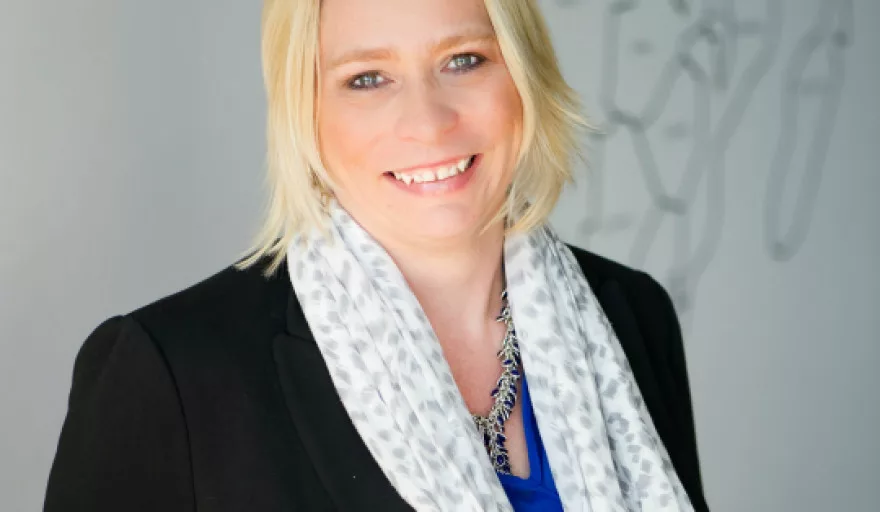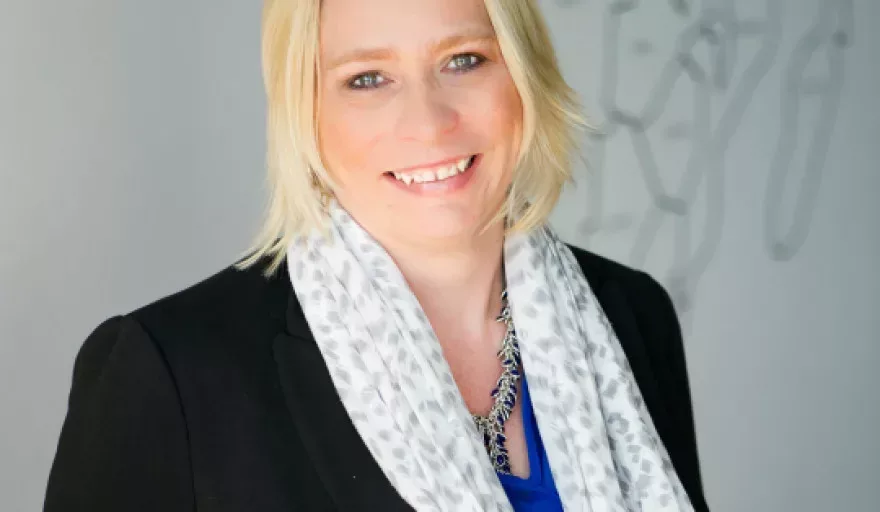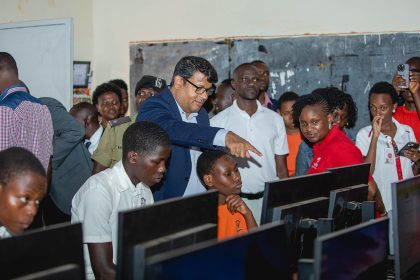
Millions of people go blind every year, with millions more suffering poor vision due to the lack of access to basic care that most of us take for granted. At present, four in five people are blind from avoidable causes, with 90 percent of these people living in low income countries.
Orbis Africa was established with the purpose of combating this issue in 2010, and with its offices located in Cape Town, South Africa, it is affiliated with Orbis International; the international non-profit that has been fighting blindness the world over for more than 30 years.
The ultimate goal of Orbis Africa is fundamentally to preserve or restore the sight of people living in highly impoverished communities in Africa. With 23 percent of children who are blind in the world living in sub-Saharan Africa, Orbis is currently developing a child-friendly service in South Africa, Ethiopia, Zambia, Cameroon and Ghana in attempts to combat this.
The human resource workforce in 36 countries in sub-Saharan Africa is currently in crisis, and subsequently this has prompted Orbis to work towards strengthening training institutions to prompt the delivery of high quality training and service delivery with the hopes of restoring sight to the populations of these countries.
Lene Øverland, Chief Executive Officer at Orbis Africa is an international specialist in public health advocacy and programming on both a strategic and operational level. Having worked within the Orbis family since 2007, Overland is responsible for the strategic development of Orbis’ programmes in sub-Saharan Africa and the implementation of programmes that will improve child eye-health services.
Africa Outlook (AfO): At present, what are the key areas of improvement that Orbis Africa is looking to implement over the next few years?
Lene Overland (LO): We are focused on increasing the skills and knowledge of our partners by taking a team approach; we don’t just train ophthalmologists, but an entire eye-health team.
A team approach will ultimately affect the entire eye-health system, transferring skills from one doctor or nurse to an entire team of eye care professionals, therefore promoting self-sufficiency. This improves the quality of patient care standards and clinical efficiency, leading to better quality patient outcomes.
Orbis Africa conducts its training programmes by collaborating with local hospitals, using our Flying Eye Hospital and Cybersight. These programmes include training and enhancing the skills of the entire eye care team in areas including paediatric eye care, cataract, glaucoma, retina, oculoplastics and diabetic retinopathy; all of which are areas we hope to continue improving.
To ensure success in our projects, Orbis Africa builds relationships and collaborates with policy makers, ministries of health and NGOs. The development of these relationships will allow us to advocate for the placement of supportive policies on national agendas, and campaign for public awareness and education around the importance of quality eye care.
AfO: How much research & development goes into monitoring global trends and developments, to then replicate those in Orbis Africa?
LO: Innovation is at the core of our work in order to keep it current. We continuously inform ourselves of the critical trends in healthcare and the other relevant sectors, ensuring that our work not only reflects the latest thinking but also seeks out new pathways.
Orbis Africa is committed to driving forward with an evidence-centred approach to our mission of promoting eye health for all. We cultivate an organisational culture which is attentive to the need for rigour in generating evidence. We actively use high quality evidence to inform our strategies and contribute to global and local solutions by producing the original evidence of innovation approaches to high impact eye health problems.
AfO: What are the biggest challenges that Orbis Africa encounters in the industry and how is it looking to overcome these?
LO: In line with the evolution of the NGO sector we are working in, Orbis has to expand outwardly from our historical emphasis on the eye care-specific institutions to a broader approach. We acknowledge that we can and must do better in gathering the data to measure our performance against these goals.
As an organisation we must focus on knowledge transfer across the world, leveraging innovation and working for the strengthening of health systems that integrate eye care into the general health care system. This is the key to establishing the sustainability of our investments. We also recognise that our historic focus on continuing medical education must be bolstered by efforts to improve pre-service education, to expand the number of health care professionals devoted to eye care and improve the quality and safety of services.
AfO: Looking forward, what would you hope and expect to be able to report back to me, in terms of progress and development of Orbis, if we were to speak again in a year’s time or even further down the line?
Our overall goal is that by 2020, children and adults living in the region covered by Orbis Africa will be able to utilise eye health services when they need them, in facilities with the appropriate human resources, infrastructure and systems that are supported by governments who are fulfilling their responsibility to prevent and treat visual impairment and blindness.
Moving forward it is important for us to remember that Africa is the continent with the highest prevalence of blindness, presently at an estimated 4.8 million blind and 16.6 million people living with severe to moderate visual impairment.
When sight is restored to people who are visually impaired, or when blindness is prevented, not only does it improve the lives of the individual, but also strengthens their community. Men and women can return to work, children can go back to school to continue their education and people can begin to contribute to their community again, helping to build a better future for their families. It is so important for us to be a part of making this a reality, and it will continue to be the driving force for Orbis Africa.




























